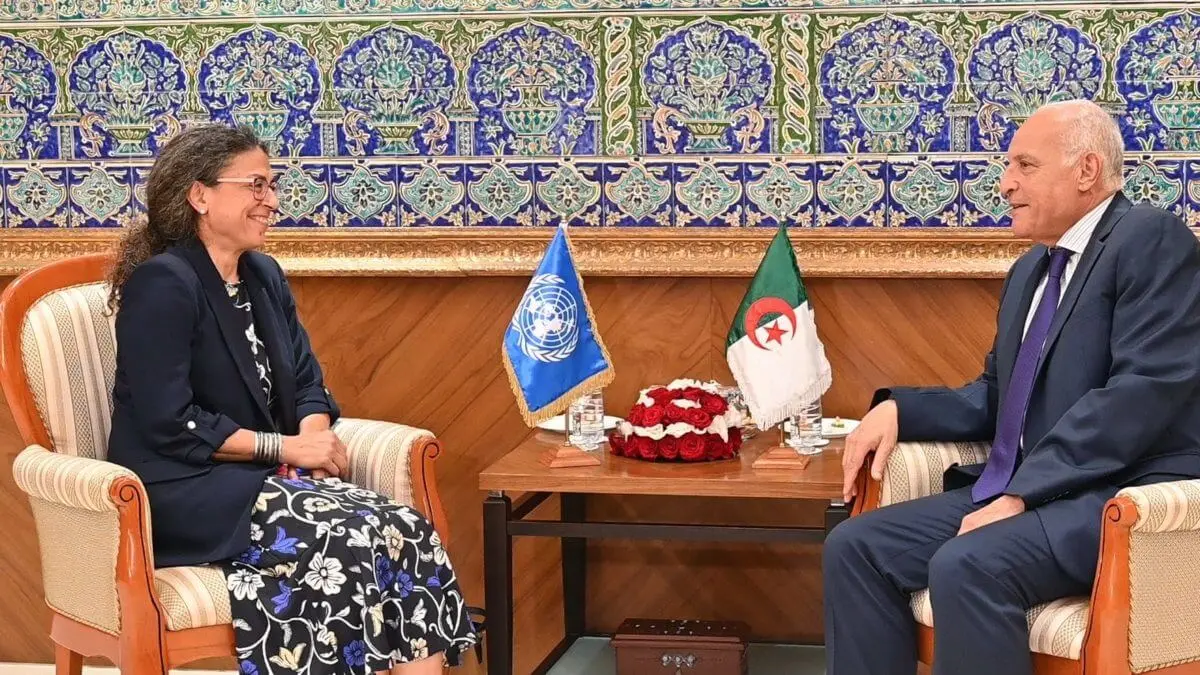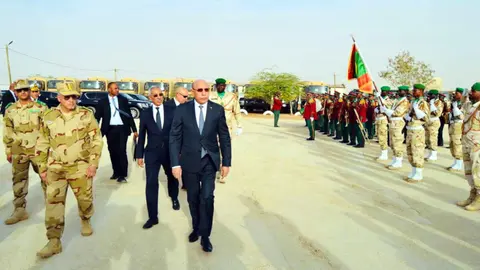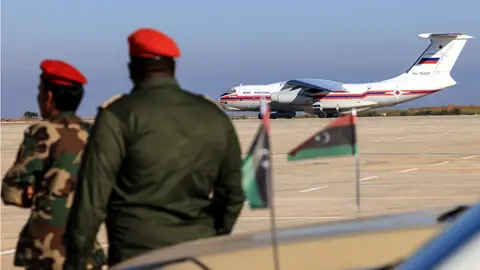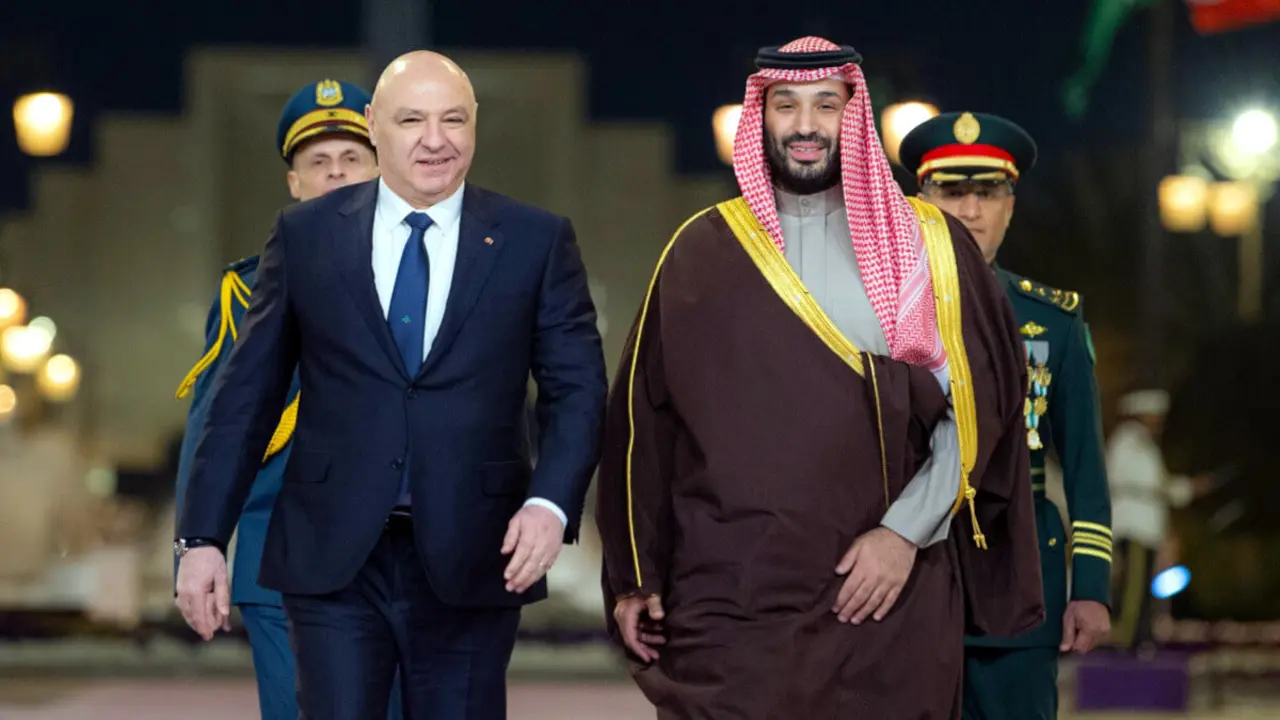Algerian Foreign Minister calls on Russia and Turkey to stop intervening in Libya
Ahmed Attaf met with the head of the UN mission in Libya to discuss the Sahel crisis

Algeria's Foreign Minister Ahmed Attaf was forceful in rejecting the presence of foreign actors in Libya and specifically accused Russia and Turkey, Algeria's traditional allies, of acting against Algeria's interests.
In remarks made after his meeting with the acting head of the UN Support Mission in Libya, Stephanie Khoury, Attaf staged the current unrest in Algeria against its former allies for their intervention in Libya and called for an internal solution to the Libyan conflict. The Algerian minister called for an end to what he described as "policies, practices and actions that feed and sow division, and deepen the rift between peoples".
Russia and Turkey's betrayal in Mali
Algeria believes that Turkey and Russia have disregarded its interests and formed an alliance to support the military junta in Mali after it abandoned the peace deal that Algeria itself sponsored in 2015.
This has led to a decline in the weight of Algerian diplomacy in Mali and, by extension, in the Sahel, to the extent that not only Algeria's own regional interests, but even its geographical security, have been affected. The fact that the Russian Wagner Group is supporting Bamako and that Turkey has signed arms deals with Mali has brought the armed conflict to Algeria's very doorstep.
Indeed, the war in northern Mali has already had its first repercussions for Algeria: a recent aerial drone bombing by the Malian army against the civilian population in the Tin Zaouine region displaced hundreds of people into Algerian territory.
The Libyan crisis
These statements by the Algerian foreign minister came in the context of a meeting with the acting head of the UN mission in Libya, Stephanie Khoury, who is touring the region, in which the two discussed the problem posed by the presence of military powers such as Russia and Turkey, as a rearguard base for expansion in the Sahel region.

For Attaf, the long duration of the Libyan crisis, more than 13 years, is due precisely to "the increase, growth and complexity of foreign interventions in the affairs of this brotherly country, and therefore the key to resolving this crisis lies mainly in excluding and putting an end to these interventions, in all their forms, content and objectives".
Regarding the meeting with the UN representative, the Algerian foreign minister said that "it was an opportunity to learn about the efforts being made by the United Nations to advance the political process and resolve the Libyan crisis, efforts that Algeria supports fully, unreservedly and unconditionally, whether from its position as a non-permanent member of the UN Security Council or from its positions in various regional groups and organisations, in particular the African Union".
For Algeria, the solution lies in "the organisation of free and fair elections through which the Libyan people grant legitimacy to those they consider most competent and capable of representing them and defending their interests, and which give rise to unified and strong institutions, capable of deterring and nullifying all effects of foreign interference. This would restore Libya's natural and deserved regional and international prestige and status".

Algeria's role
For her part, the UN representative, Stephanie Khoury, underlined the important role of Algeria in this crisis and assured that the conversation she had with Ahmed Attaf was very deep and useful: "common objectives were discussed between the United Nations and Algeria, which are in the interest of the Libyan people to achieve a unified and undivided Libyan state, as well as the stability of the whole region".










